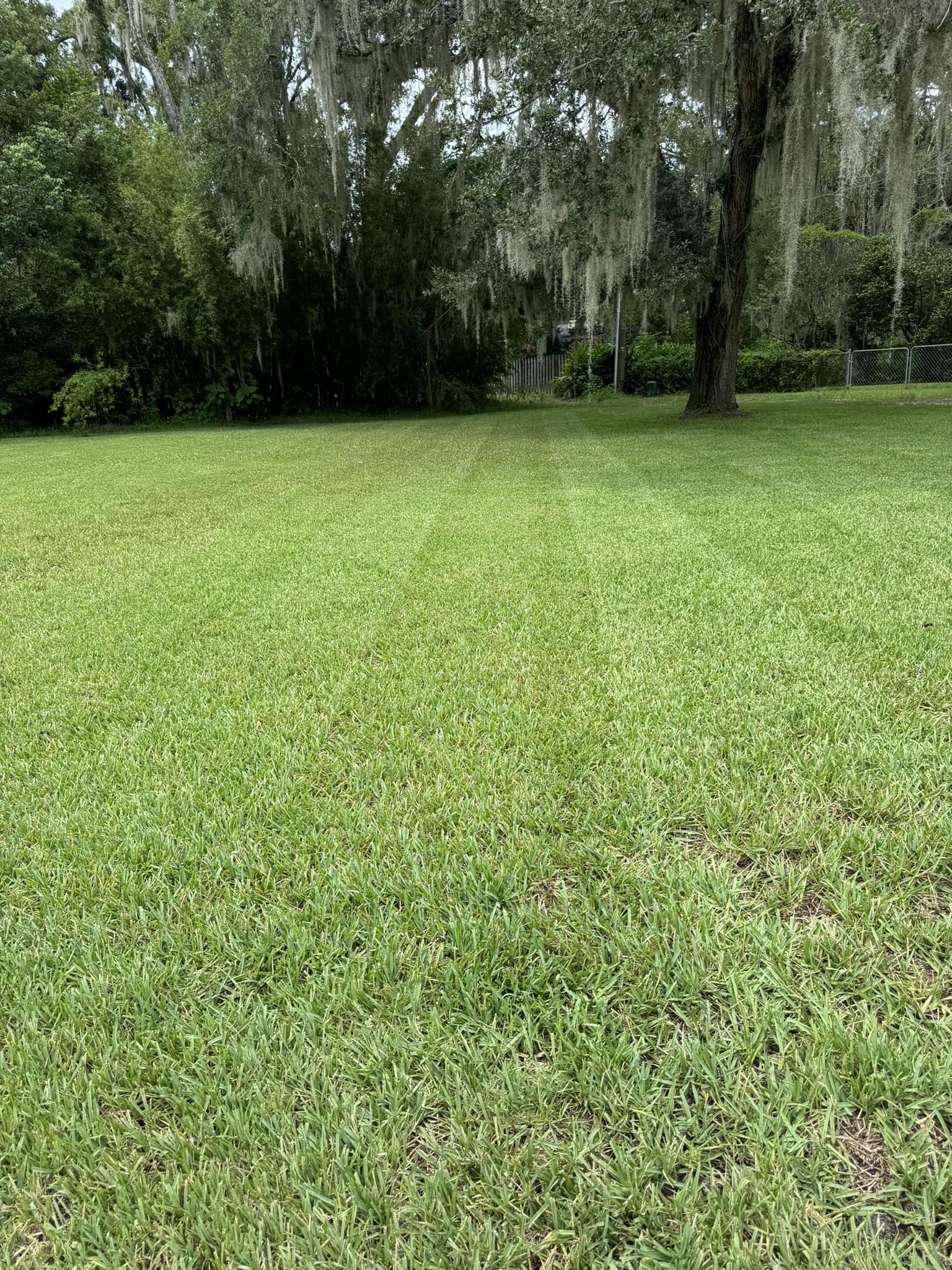
Eco-Friendly Landscaping: Sustainable Solutions for Your Yard Sep 14, 2025
Beginning your journey to a sustainable yard involves understanding and working with your local environment. Native plants are a crucial component in this process. Unlike exotic species, native plants are adapted to the local climate and soil conditions, requiring less water and fewer pesticides. By incorporating these hardy species, you not only conserve water but also provide a natural habitat for birds, bees, and other pollinators. Consider species such as coneflowers, milkweed, or wild geraniums, which thrive in various conditions and support local biodiversity.
Efficient use of water is another fundamental aspect of eco-friendly landscaping. Installing a rainwater collection system, such as rain barrels, harnesses natural precipitation to keep your plants hydrated, reducing reliance on municipal water supplies. Additionally, employing drip irrigation systems ensures water is delivered directly to the plant roots, minimizing evaporation and runoff. Combined with proper mulching techniques, these methods can significantly cut down water usage while maintaining lush, healthy vegetation.
The health of your soil is vital to sustainable landscaping. Healthy soil means strong plants which, in turn, lead to a resilient ecosystem. Incorporate compost into your gardening routine to naturally fertilize the soil, enriching it with essential nutrients and promoting microbial activity. Composting is an eco-friendly practice that reduces kitchen and garden waste while creating a rich, organic material to fortify your soil. This practice serves a dual purpose: reducing your carbon footprint and nurturing your garden.
Incorporating hardscaping elements can further enhance the functionality and aesthetic of your yard. At Young's Lawn Services LLC, we advocate for the use of permeable materials in hardscaping projects. Permeable pavers and gravel pathways allow rainwater to seep into the ground, reducing runoff and erosion issues. By opting for locally sourced, sustainable materials, you support the local economy and reduce the environmental impact associated with transporting goods over long distances.
Maintaining an eco-friendly lawn also involves choosing alternative power sources and reducing emissions. Manual or electric garden tools produce significantly less pollution compared to their gas-powered counterparts. By opting for these environment-conscious tools, you take an active role in minimizing your carbon footprint as part of your lawn care regimen.
Finally, consider adopting integrated pest management (IPM) practices. IPM focuses on natural pest control methods, such as introducing beneficial insects or using organic pesticides, to maintain balance and reduce harmful chemical use. This sustainable approach keeps your garden healthy while also protecting the surrounding environment.
In conclusion, eco-friendly landscaping offers numerous benefits to homeowners, from conserving water and supporting wildlife to enhancing the aesthetic and ecological value of your property. At Young's Lawn Services LLC, we are passionate about helping our clients achieve sustainable landscaping goals that reflect their commitment to the environment. By implementing these strategies, you’ll create a vibrant, resilient yard that you, your family, and future generations can enjoy. Let us help you take the first step toward a greener future with a sustainable yard that complements nature.
/filters:no_upscale()/media/d38472fb-e535-415d-968c-f9a37c5988db.jpg)
/filters:no_upscale()/filters:format(webp)/media/c1d6c371-0cfc-4ff1-89ae-ca39ebfa2441.jpg)